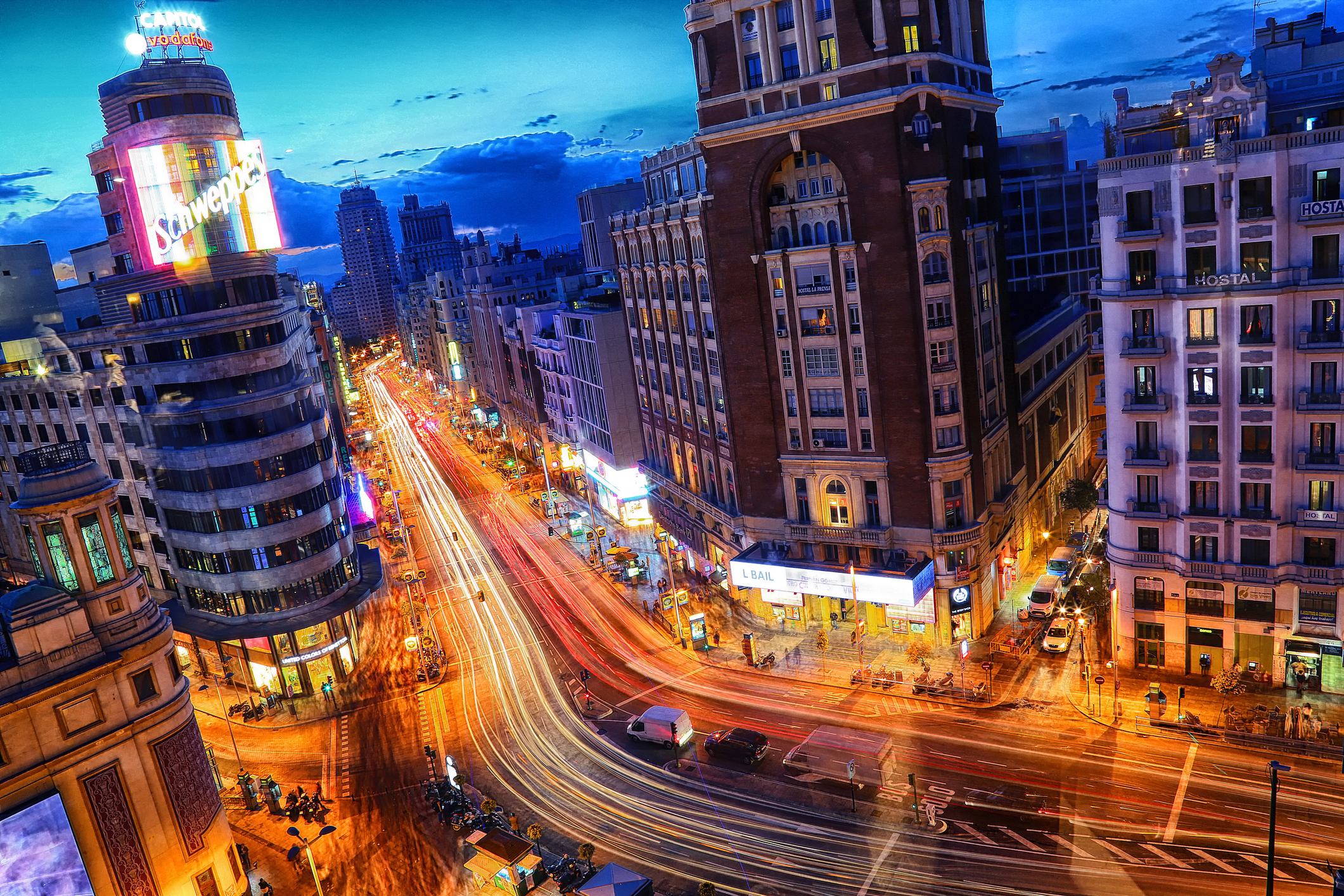
Energy efficiency has been a hot topic for several years. It is one of the most important levers when improving the productivity of developed societies, as well as their environmental impact - a unit less of energy consumed for the same productive activity reduces not only costs, but also the pollution associated with it. For many countries that depend strongly on energy imports, it also impacts the commercial trade balance.
Many administrations have been putting forward measures to pursue such efficiency - the EU's 20/20/20 targets1 and the North American Climate, Clean Energy, and Environment Partnership Action Plan2 are examples. Most of these objectives are, however, at national or international level.
In this viewpoint, we take a different angle and look at the cities. Our rationale is threefold: (i) there is a growing trend towards urbanization across the world, with 66 percent of the population expected to live in cities by 2050, versus 54 percent today3, (ii) many of the actions required to improve energy efficiency can be influenced by local administrations, and (iii) cities are most affected by air pollution and transport congestion, and hence the impact of these measures is particularly beneficial to them.
Arthur D. Little has been analyzing the situation and the potential for energy efficiency in the 15 largest cities in Spain - from Madrid and Barcelona (which both have more than 1 million inhabitants) down to Vigo and Gijón (at 200,000 inhabitants). Overall, the analysis concludes that circa 40 percent reduction in consumption could be achieved in the coming decade with measures that make economic, technical and social sense, and that would also offer areas of opportunity in all sub-sectors.


